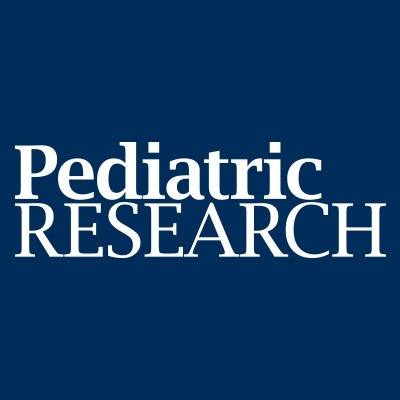
Parental Involvement in Exercise/Diet Intervention
Survivors are at risk of becoming overweight or obese due to treatment effects and/or post-treatment behaviors. Parents significantly influence a child’s diet and physical activity,

Survivors are at risk of becoming overweight or obese due to treatment effects and/or post-treatment behaviors. Parents significantly influence a child’s diet and physical activity,
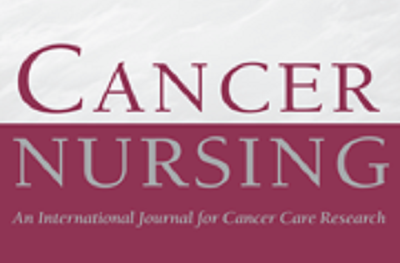
Fatigue tends to improve over time after childhood cancer treatment but may be predicted by greater depression symptoms and lower mobility of survivors recently off
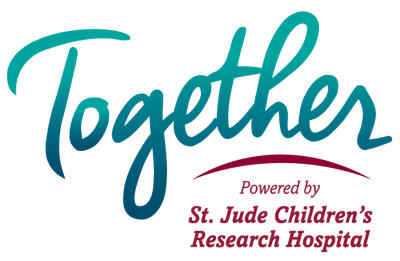
Some cancer patients experience changes in cognitive function during cancer treatment. Patients and families may notice changes in thinking, attention, or memory. Cancer patients often
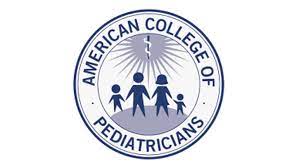
This resource outlines the development of the adolescent brain for all teenagers. It details the impact of hormonal changes, exercise, sleep, alcohol, marijuana, media, and

Childhood cancer survivors are at a higher risk of pain and associated functional impairments later in life, study results show. These results, according to experts,

Understanding a healthy adolescent brain empowers survivors and their families to better tease out what is universal development during adolescence, and when survivor issues are
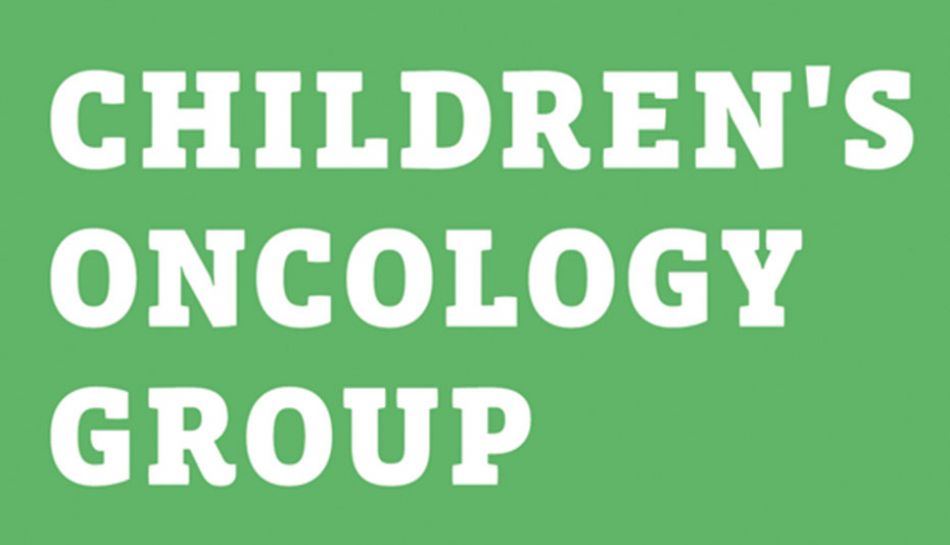
Pain is common during cancer treatment and usually after the treatment is finished, there is no more pain. Chronic pain lasts after the underlying illness
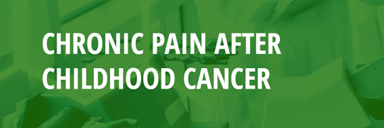
Many people have pain during cancer treatment…And for most people, the pain stops after treatment ends. But for some people the pain persists. For cancer
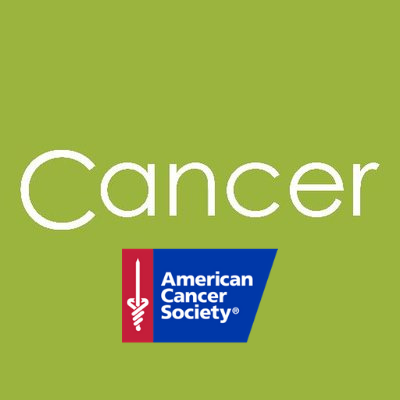
Survivors of childhood cancer are at higher risk of experiencing pain compared to their peers. Fatigue typically accompanies the pain. Females report more pain than
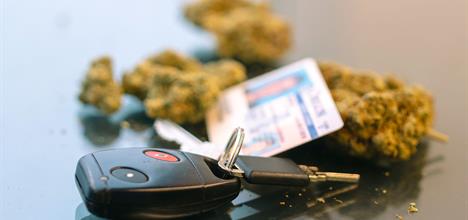
The American Academy of Pediatrics has issued a statement of concern about cannabis and the health of young people whose bodies and brains are still